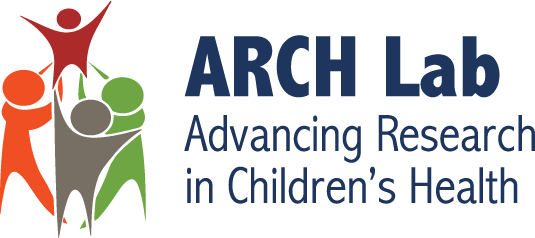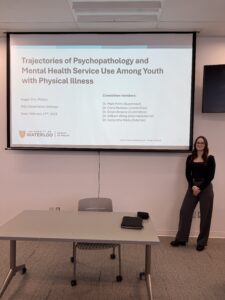The ARCH Lab has released findings about siblings from the MY LIFE study cohort in the journal Child: Care, Health and Development, titled “Mental health of siblings of children with physical illness or physical-mental comorbidity”. The sample included children aged 2 to 16 years with a chronic physical illness (PI) and their aged-matched healthy siblings (n=169 dyads).
Authors were interested in discovering whether youth who had a sibling with either chronic physical illness (PI) or physical-mental comorbidity (PM) were more likely to experience mental health issues themselves. Parents completed the Strengths and Difficulties Questionnaire (SDQ) for both the child with PI/PM, as well as their closet age-matched healthy sibling.
Results showed:
- Siblings of children with PI had significantly worse mental health related to conduct problems, peer problems and total difficulties
- Siblings of children with PM had significantly better mental health related to emotional problems, hyperactivity/inattention and total difficulties
- Siblings of children with PI had similar mental health compared with child population norms used in the development of the SDQ
- Siblings of children with PM had significantly worse mental health across all SDQ domains, with the exception of prosocial behaviour
- After adjusting for parent psychopathology and family functioning, no statistically significant differences between siblings of children with PM versus siblings of children with PI were found
The authors concluded that differences in mental health exist between children with PI or PM versus their healthy siblings. However, differences between siblings of children with PI versus siblings of children with PM can be explained by parental and family factors (e.g. marital status, education and income).
These findings reinforce family-centred care approaches to address the needs of children with PI or PM and their families.






